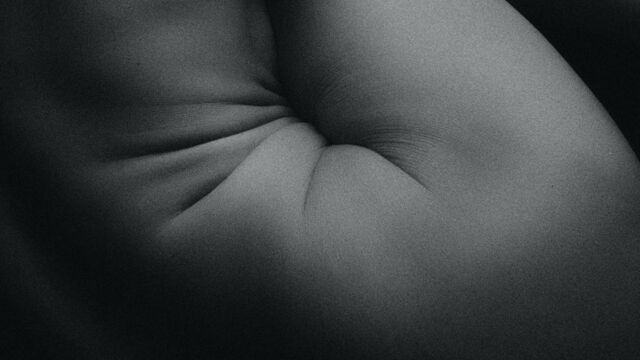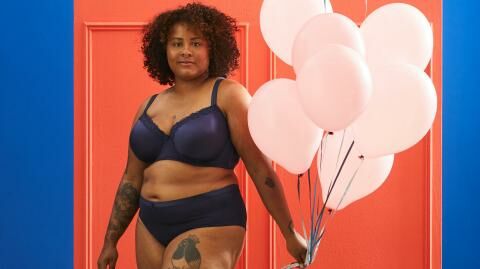Let’s be real—there are days you look in the mirror and staring back at you is this beautiful, fiercely confident person ready to take on the world. On other days, you can count a hundred and one things you hate about the image you see and just like that, your day is ruined.
Discover our latest podcast
You shouldn’t blame yourself for feeling this way, after all you are a product of societal preconditioning on what is considered beautiful, attractive and thus marketable. For centuries, people, especially women have struggled with loving or at least accepting the way they look. Eating disorders, botched plastic surgeries and cancerous skin bleaching methods are some of the lengths to which people would go to fit the set beauty standards.
But almost two decades ago, a movement seeking to encourage people to love their bodies sprung up. The Body Positivity Movementquickly caught on with brands and fashion lines featuring more diversity in the body types for their ads. With more mainstream media depiction of inclusivity in advertisements, ordinary people whose body types were hitherto hidden from the cameras, felt more confident to celebrate their bodies on social media and in real life.
But with the body positivity movement gaining grounds and being increasingly commercialised, it has raised questions about its unintended side effects such as people wondering if their curves are the right size or why the plus size models in those lingerie ads on TV are not spotting any cellulite or stretch marks. Some simply felt bad for not loving their bodies as the movement encouraged them to do.
Ability over Aesthetics
In comes body neutrality, which shifts focus from the aesthetics of the body to its functionalities. Simply put, appreciating your body for what it allows you to do instead of what it looks like. Are you able to move, shake hands with people, hug loved ones, travel to experience different places and cultures? If you answer yes to any of these questions, then you are good to go!
Unlike its predecessor, the body neutrality movement isn’t asking you to love your body no matter what. It acknowledges that there will be days when you will feel ‘meh’ about how you look in a particular outfit or how difficult it is for you to find shoes or bras in your size, but that is ok. You still have a body that is able to do some or most of the things it has been designed for. Essentially, it propagates the message that being ambivalent about your appearance on any given day is healthy and normal.
Celebrity Support
Truth Hurts singer, Lizzo who is advocating for a more realistic relationship with one’s body, recently lashed out at the body positivity movement describing it as a trendy way of ‘celebrating medium and small girls and people who occasionally get rolls’. She accused the movement of promoting toxicity in the way people relate to their bodies. Lizzo said:
Fat people are still getting the short end of this movement… we’re still getting talked about, memed, shamed.
Many more celebrities like The Good Place’s Jameela Jamil are speaking up in favor of body neutrality as opposed to constantly feeling like it has to be loved and celebrated. In a 2019 interview, she disclosed that:
I don't think about my body ever... Imagine just not thinking about your body. You're not hating it. You're not loving it. You're just a floating head. I'm a floating head wandering through the world.
This movement is making a slow but steady entry into mainstream and social media spaces as well as the psyches of people looking to foster healthy relationships with their bodies. Exercising, healthy eating and other self-care practices should be geared towards caring and maintaining this vehicle instead of pimping it up.
So the next time that reflection in the mirror makes you feel less confident, try focusing on what it can do rather than what it looks like.















